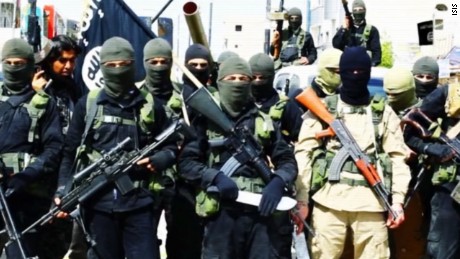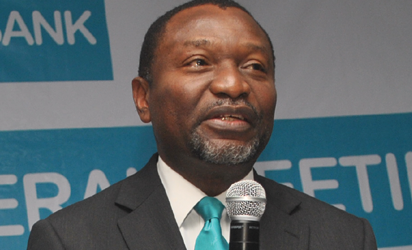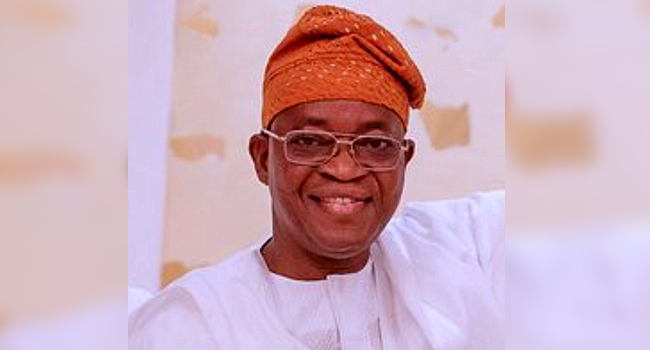The US says the territory held by the Islamic State of Iraq and Syria has reduced by 87 per cent in the last two years.
US Joint Chiefs of Staff, Gen. Joe Dunford, Chairman, told the Chiefs of Defence from 73 coalition nations working to defeat ISIS to discuss the ongoing conflict against violent extremism worldwide.
The general also stressed the importance of global, regional and, especially, local partners in the fight.
“No one nation, no one region or group of nations can deal with this challenge themselves,” the chairman said adding “a collective approach is necessary and it works”.
In the past two years, the coalition has put simultaneous pressure on ISIS in Iraq and Syria.
The transnational networks that supported the terror group also suffered.
“We’ve reduced ISIS territory by some 87 per cent, removed 180 key ISIS leaders from the battlefield.
We have reduced the flow of foreign fighters into Iraq and Syria from a peak of about 1,500 a month to very close to zero.
“And we’ve driven down ISIS revenue to its lowest point since 2014. More importantly, the coalition undermined the credibility of the ISIS narrative,” he said.
According to him, the US views foreign fighters, financing and the narrative as the way extremist organisations’ grow and spread.
Dunford said: “It’s essentially that we cut the connective tissue these foreign, fighters, the financing and the narrative to cut the tissue that allows these groups to operate in West Africa.
“We should cut the Western Hemisphere, Europe, the Middle East or Southeast Asia it is critical from a strategic perspective that we cut that connective tissue,” he said.
He pointed out that while the coalition is important in the fight, it was led by local forces of the countries’ concerned – Iraq and Syria.
“That reflects in the price that was paid in Mosul alone if you think of the Iraqi security forces more than 1,300 were killed and more than 7,000 wounded. This is a burden carried by local forces,” Dunford said.
The general, however, warned that violent extremist organisations would adapt, and the coalition must be equally adaptable.
“The enemy will try to find safe haven somewhere and that affects every sector of the globe,” he stressed.
Looking ahead, the general suggested increasing information sharing and making the coalition network stronger.
“As operations in Iraq and Syria wind down, we have to remain committed to cutting off the flow of foreign fighters leaving the area of hostilities,” he said. (NAN)




